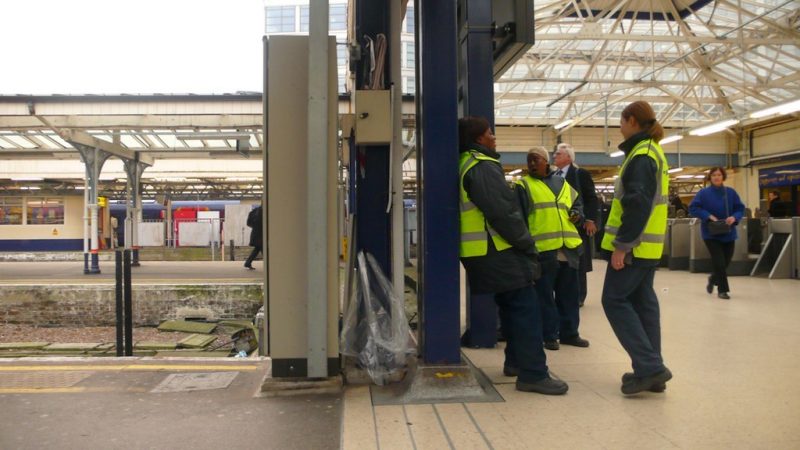Ballot results expected imminently and no new offers on the table

Two of the main unions representing train workers in the UK remain in industrial dispute with rail companies, meaning strikes continue to be on the horizon until the employers can come up with a suitable offer.
However, this seems to be taking its time, as this month marks a year since the train drivers’ union ASLEF first entered their dispute involving 16 rail companies.
Train drivers staged their last series of strikes on Wednesday 31 May and Saturday 3 June which saw train services across the country grind to a halt.
Their mandate for strike action ran out on the 6th June, as legislation in England means unions must re-ballot their members for industrial action every six months.
However, the latest ballot results are due to come in today, although the union has said we may not hear about the results for a little while as they decide on the next cause of action, so watch this space.
It’s also worth bearing in mind that unions must give 14-days notice ahead of industrial action – or seven days if the union and employer agree this before – so it could be speculated that strikes by train drivers may be avoided this month.
Train drivers have not had a salary increase since 2019 and their members are demanding a pay rise to keep up with inflation. This comes as the latest ONS figures released today showed pay in Britain continues to fall behind inflation.
The most recent 4% pay deal from the Rail Delivery Group was rejected by ASLEF members, as the union said the offer was, ‘clearly not designed to be accepted’ and accused the companies of rejecting their proposals to modernise Britain’s railways and help them run more efficiently.
The latest strike action by the RMT union came on Friday 2 June when over 20,000 catering, station staff and train managers joined picket lines – and Mick Lynch continued to make journalists look foolish.
Following a successful re-balloting of their members, the RMT union now has a further six-month mandate for strike action across the 14 train operating companies involved in the dispute, which means they can now take industrial action until November.
Over 90% of the votes cast backed strike action, on a near 70% average turnout, reflection a strong resolve to continue industrial action throughout the summer and autumn.
They have not yet announced any further dates.
In his most recent message to RMT members at the start of this month, Mick Lynch encouraged workers to ‘stand firm in the strike action’ and ‘stay strong’ into the future.
“We must keep going, take the action and support each other. The RDG has indicated that more talks will be arranged and we will attend those talks in good faith,” said Lynch.
Mick Whelan, ASLEF’s general secretary has said of the strike action: “We do not want to go on strike – we do not want to inconvenience passengers, we have families and friends who use the railway, too, and we believe in investing in rail for the future of this country – but the blame for this action lies, fairly and squarely, at the feet of the employers who have forced our hand over this by their intransigence.”
Hannah Davenport is trade union reporter at Left Foot Forward
(Photo credit: Flickr / Creative Commons)
Left Foot Forward’s trade union reporting is supported by the Barry Amiel and Norman Melburn Trust

Left Foot Forward doesn't have the backing of big business or billionaires. We rely on the kind and generous support of ordinary people like you.
You can support hard-hitting journalism that holds the right to account, provides a forum for debate among progressives, and covers the stories the rest of the media ignore. Donate today.



